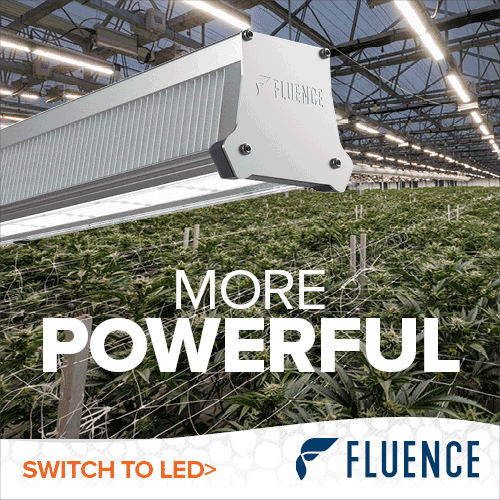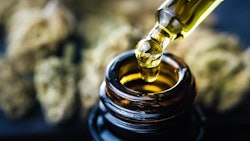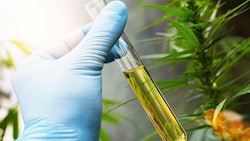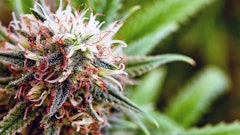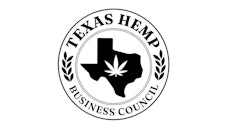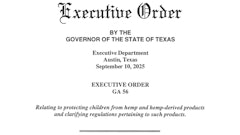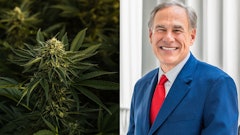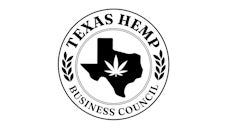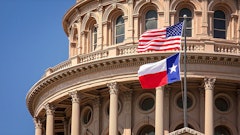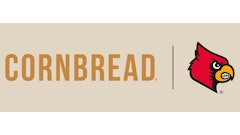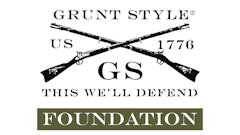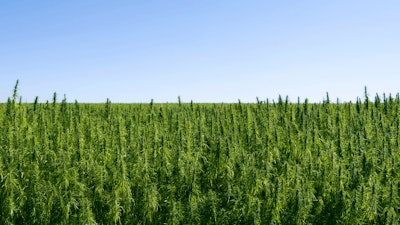
The New York State Department of Health (NYSDH) has modified the state's hemp regulations in response to hundreds of public comments from industry stakeholders requesting a change.
The NYSDH released its proposed changes on May 19, which consists of the department assessing and responding to several comments from hemp growers, processors, retailers, laboratories, elected officials, industry associations, consumers and the general public.
The comments were in response to the department's proposed regulation of adding a new Part 1005 to Title 10 of the New York Code, Rules and Regulations (NYCRR), titled "Medical Use of Marijuana & Cannabinoid Hemp."
According to the proposal, the comments from stakeholders and the general public covered all aspects of the proposed regulation, including manufacturing, packaging, labeling, transportation and more; however, the most significant number of comments regarded the types of cannabidiol (CBD) hemp products permitted for sale in the state.
"More specifically, commenters requested that cannabinoid hemp flower products, suppositories, transdermal patches and inhalers be authorized for retail sale to consumers. In addition, commenters requested amendments to the packaging and labeling provisions concerning the requirement to list all cannabinoids within products, including the tetrahydrocannabinol (THC) content," the proposal states.
Several other comments consisted of requests for the department to revise its testing requirements by either modifying the THC threshold limit or removing listed analytes. Others questioned the department's ability to impose a milligram per THC cap for CBD hemp products.
In response to the public comments, the NYSDH has revised the proposed regulation and issued a Notice of Revised Rulemaking, the proposal states.
Some of the departments most notable revisions, according to an article from JD Surpa, include:
- Expanding the list of products hemp retailers can sell to consumers to have suppositories, transdermal patches and flower products distinctly advertised for smoking.
- Changing the definition for "broad spectrum" and "full-spectrum" to better align with the industry's understanding and usage of the terms.
- Prohibits retailers from selling delta-8 THC, delta-9 THC and delta-10 THC products "created through isomerization" and allows the department to impose a THC cap on detectable levels of delta-8, delta-9 and delta-10 in future regulation.
- Proposes new labeling and packaging requirements, including CBD hemp products from being marketed to anyone under 18 years of age, while inhalable CBD hemp products or flower products are prohibited from being advertised to individuals under 21.
- Forbids product packaging from imitating candy or containing cartoons or other popular images used to advertise to children.
- Requires the labels on all CBD hemp products to include the total milligram content of CBD, THC and other cannabinoids in the product, and the milligrams per serving for each.
- Puts a 3,000-mg limit on total cannabinoids per product for supplements (or 75 mg per serving).
- Lowers the CBD hemp processor licensure fees to $3,500 for extraction and manufacturing and $1,000 for just manufacturing.
- Permits CBD hemp retailers who submitted a licensing application on or before June 1 to sell products to consumers before having their application approved or denied.
A complete list of the comments and the departments' proposed amended changes can be found here.
According to the proposal, the department will continue to accept public comments regarding the proposed regulations until July 19. All revisions, aside from labeling and testing requirements, will go into effect upon publication in the state register. The rules for labeling and testing will go into effect until Nov. 1, 2021.

